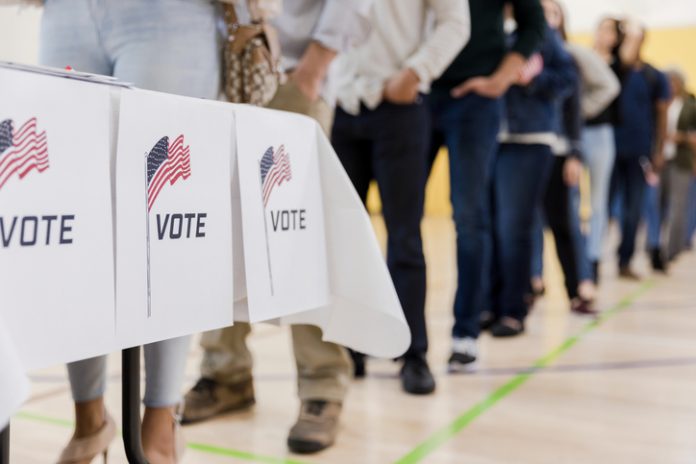Health care affordability has implications for the 2024 presidential election, says Drew Altman, president of KFF.
In a recent article, Altman says the most important issue in health care for consumers is out-of-pocket costs. For example, between a quarter and a half of all Americans report real problems paying their medical bills, depending on how sick they are, says Altman.
Everything else, including Medicare solvency, value, state Medicaid spending, employer premiums, and national health spending – are far down the list and polls confirm this, says Altman.
KFF (formerly the Kaiser Family Foundation) reported on May 28 that health care spending reached $4.5 trillion in 2022, up from $74.1 billion in 1970. Much of the increase has occurred in the last few decades, with health spending rising 10.6 percent in 2020.
Obamacare Harm
People are not filling prescriptions and they are missing doctor visits and other forms of care because of out-of-pocket costs, says John C. Goodman, president of the Goodman Institute for Public Policy Research and co-publisher of Health Care News.
“Obamacare is making things worse because the out-of-pocket exposure is higher than we’ve seen before in the health insurance market,” said Goodman. “If you go into a hospital or require serious medical attention, your out-of-pocket expense can be as high as $9,400. If two people in a family experience this, then just double that and it’s almost $19,000.
“If a family member has continuing chronic conditions—like a child with a disability from birth requiring many years of care—that family could be hit with year-round medical bills year after year,” said Goodman.
“What’s happening in the individual market is they’re giving away the health insurance for free,” said Goodman. “If you have an average income, your premium is probably $0, so this is great for the healthy because they only need preventive care and that’s supposed to be free as well.
But if you get sick, the examples of co-insurance are quite high, and out-of-pocket exposure is higher than we’ve ever seen. This includes maintenance drugs—some people are not taking insulin because of the high cost.”
Short-Term Limitation
The Biden administration has undercut short-term insurance, an alternative with lower premiums and deductibles. Such plans were common before Obamacare went into full effect in 2014.
Like the Obama administration, Biden limited the plans to three months with no ability to renew. If an enrollee gets sick and needs continuing care, the only option will be Obamacare.
Under Trump, people could get a plan for a year and renew it for two more years, even if they got sick.
“So, the best opportunity to lower all health care costs is being outlawed by the Democrats,” said Goodman. “If we have a change of administration, I would say that Trump will open back up the short-term market. Short-term health care has been around for many years—it’s called ‘gap insurance’ and it covers situations like moving from home to college, or from college to a job, or if you’re between jobs.”
Goodman says one reason short-term plans cost less is because they are not regulated like Obamacare plans, and state mandates don’t apply, either. “It’s the closest thing we have to a free market in health insurance,” said Goodman. “A free market for health insurance ensures having an incentive to give people what they want to buy.”
Political Focus
During this election cycle, Democrats are focusing on at least three aspects of health care affordability, says Merrill Matthews, Ph.D., a resident scholar with the Institute for Policy Innovation.
First, Democrats are raising questions about pharmacy benefits managers (PBMs) says Matthews. “Specifically, they are looking at the current economic incentives that may prod PBMs to promote more expensive brand name drugs as opposed to lower-cost generics,” said Matthews.
Second, Democrats are campaigning on the claim that they have lowered prescription drug prices, pointing mostly at insulin, says Matthews. “But they are also claiming that the Inflation Reduction Act (IRA) is lowering prices, even though the law’s drug price ‘negotiations’ are only in the beginning stages,” says Matthews. (see related article, page 1)
And third, a largely new topic, Federal Trade Commission Chair Lina Kahn is focusing her antitrust war on hospital mergers—that is, merging so that they can charge higher prices due to government price controls on Medicare, but also because of reduced competition, says Matthews.
“Ironically, while hospital systems were merging and buying up physician practices before the passage of the Affordable Care Act, Obamacare supercharged the trend,” said Matthews.
Kenneth Artz (KApublishing@gmx.com) writes from Tyler, Texas.





















